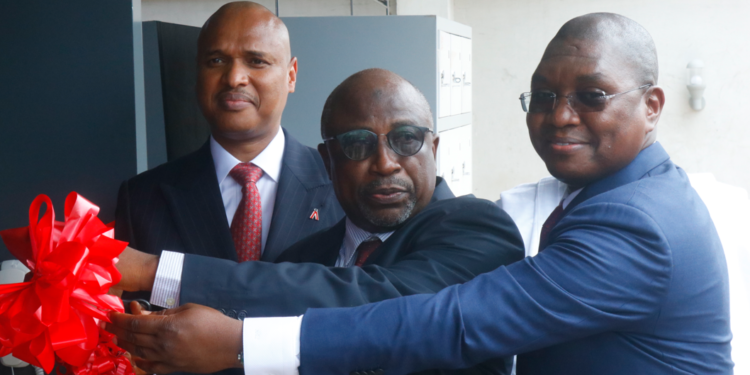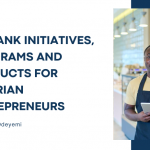TAJBank Ltd, a leading non-interest hank, has progressed in its efforts and financial inclusion drive with the opening of a new, technology-powered branch in Wuse 2, Abuja.
With the launch of the new branch, the lender has expanded its network of branches to 22 in just its first two years of business. The managing director/CEO, Mr. Hamid Joda, spoke at the event, which was attended by a large number of traders and small business owners eager to do business with the non-interest financial services provider.
He said that the opening of the Wuse 2 branch was in line with the management’s strategy to increase financial inclusion by providing banking products and services to millions of unbanked and undeserving citizens at the local level.
Joda explained: “The opening of the new branch is to continue with our strategy of ensuring that we take the TAJBank brand to all the nooks and crannies of the Country with the aim of addressing the service needs of our teeming customers. “We understand that Customers want to do business and sometimes someone to give them that advisory service they yearn for which in turn will help to address their financial challenges”, he added.
Alhaji Tanko Gwamma, the bank’s board chairman, emphasized in his remarks that one of TAJBank’s objectives was to raise its exposure among the general public as a sign of its dedication to consistently enhancing the socioeconomic well-being of common Nigerians.
He claims that the Wuse 2 zone is one of the FCT’s promising areas where businesses are growing daily. He says the goal of opening a branch there “is to ensure that customers don’t suffer in their banking transactions as TAJBank will not only give them real time service but also give them advice on how to grow their businesses.”
Recall that TAJBank previously reported a large increase in gross revenue, balance sheet, and other performance evaluation indicators, as well as a 433 percent increase in PBT for the 2021 fiscal year. The non-interest bank will also introduce Nigeria’s first Sukuk offering for the private sector as part of a N100 billion program.










